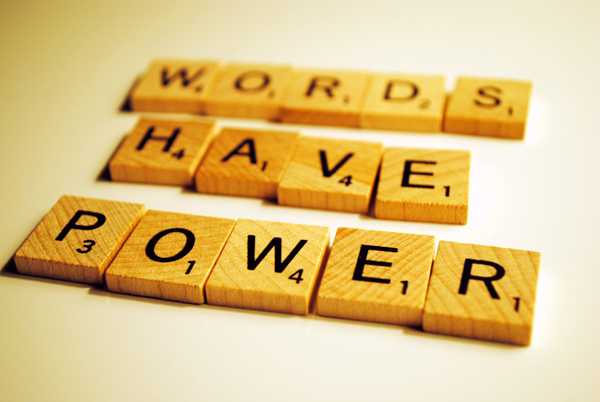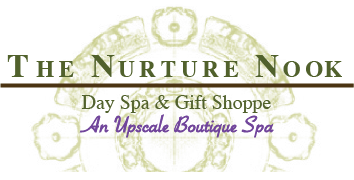The Power Behind the Word

I recently saw a movie that had a great line in it. The scene included a toast to an engaged couple. The line was “‘love is just a word, until someone gives it meaning.” This line resonated with me. There is no power in a word, no effect. Our thoughts or actions bring a word to life and give it meaning or power. Our thoughts are based on our experiences, examples and education. It is a wise practice to question things.
My dad had a saying: “believe none of what you hear, and only half of what you see.” In other words, don’t jump to conclusions and start rehearsing scenarios in your mind. This creates worry, anxiety and unnecessary stress, and can produce mind-numbing energy that is not supportive to healthy thinking. These can also bring about adverse effects on mind and body.
“Words, without power, is mere philosophy.” – Muhammad Iqbal
The power is in the present. The moment you start allowing your mind to react, or to create a story about what you just heard or saw, is when it is brought to life. Words are just letters put together. They are given form and begin to take shape when you are told what they mean and you believe it without questioning. Remember the saying “sticks and stones may break my bones but words will never hurt me”? A lot of people feel hurt by the uttered word (I’ve experienced this, too), but nothing can really hurt or touch you unless you allow it. Someone may give you their opinion and it may not align with what you intended or thought. You can either use what is being said to have a better understanding of how someone else feels or perceives the moment or you can allow it to make you feel bad, or less than what you are. That is giving the power to another force instead of claiming your own power or meaning.
Words have no power to impress the mind without the reality you give them.
I love the example of a patient being given a diagnosis involving a critical illness. The patient begins to react to the news, the symptoms are amplified, and the patient begins planning for activities and changes based on this information. The worry that begins to consume daily thought is grossly increased, along with all of the ailments that are associated with this news. Then the call comes that says, “We are so sorry, but we wanted you to know you were given someone else’s diagnosis. You are well!” All of a sudden, feelings and sensations shift again. Relief, vitality, energy all become the new power behind the words.
So, how can this help you? News—words—good or bad, need to be questioned before you decide to give them meaning, reaction or power. Sometimes this can be a tall order, because you may actually want to feel a certain way (happy, sad, angry, hurt, lonely, frustrated). Regardless of how you decide you want to feel about a word and its meaning, question it first. Question your motives and what they are based on. This will give you a more authentic picture of what’s true.
“I give you my word” is generally accepted to mean that someone will do what they say they will do. Most often you will go on faith until experience proves that you can or cannot rely on the action (power) behind this phrase from an individual, group or organization.
Hate is perceived as a strong negative word. The actions that support this meaning can feel bitter and harsh. The power that can change the negative meanings is usually its opposite. Anytime you want to experience a different feeling, change the definition, the word, the phrase or the meaning. Invert the word, or choose its opposite. Practice this with common words and phrases that come up in the next few days after reading this. See if you can create a different outcome just by tuning in to how you give the power (meaning) to the word.
Smile. Grin. Giggle. Laugh. Tickle. Dance. I’ll bet you had at least a mildly positive reaction when reading these words.
The meaning behind the words, the feeling, is more significant than the words themselves. So . . . listen.
